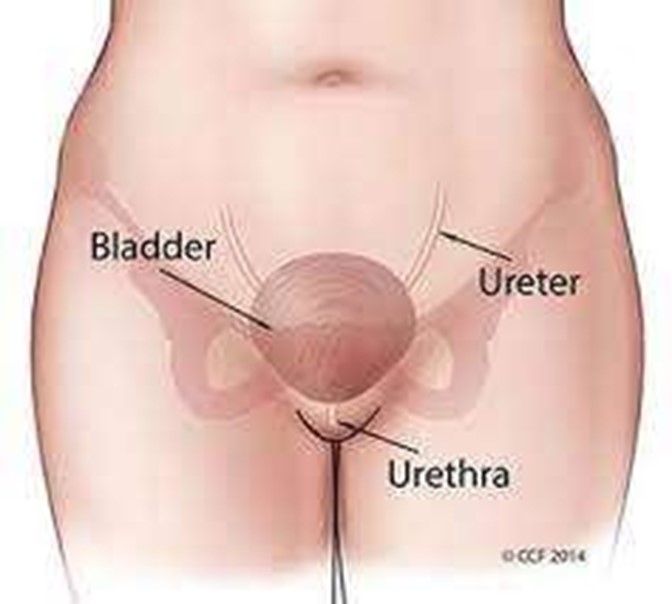A nurse is collecting data from a client who has osteoarthritis and reports pain and limited mobility in both knees.
Which of the following recommendations should the nurse make?
Use a recliner when sitting for long periods.
Apply moist heat to the knees.
Sleep on a soft mattress.
Place large pillows under the knees when lying in bed.
Place large pillows under the knees when lying in bed.
The Correct Answer is B
Moist heat can help reduce pain and stiffness in the joints by increasing blood flow and relaxing the muscles. Moist heat can be applied using warm compresses, heating pads, or warm baths.
Choice A is wrong because using a recliner when sitting for long periods can increase pressure on the knees and decrease circulation. A better option is to use a straight-backed chair with a footstool.
Choice C is wrong because sleeping on a soft mattress can cause poor alignment of the spine and joints, which can worsen pain and mobility. A firm mattress is recommended for clients with osteoarthritis.
Choice D is wrong because placing large pillows under the knees when lying in bed can limit the range of motion of the knees and cause contractures. A small pillow under the knees can provide some support and comfort, but it should not be too large or too high.
Nursing Test Bank
Naxlex Comprehensive Predictor Exams
Related Questions
Correct Answer is A
Explanation
The nurse should notify the provider because this value is lower than the normal range of 150,000 to 450,000 platelets per microliter of blood. A low platelet count can indicate a risk of bleeding or a condition such as thrombocytopenia or disseminated intravascular coagulation (DIC).
Choice B is wrong because WBC count 9,800/mm³ is within the normal range of 4,500 to 11,000 cells per microliter of blood.
Choice C is wrong because Hgb 13 mg/dL is within the normal range of 12 to 16 mg/dL for females and 14 to 18 mg/dL for males.
Choice D is wrong because Hct 42% is within the normal range of 37% to 47% for females and 42% to 52% for males.
Correct Answer is B
Explanation
Ask the client to empty their bladder.

This is because a full bladder can interfere with the pelvic examination and cause discomfort to the client. The nurse should also instruct the client to avoid douching, using tampons, vaginal medications, sprays, powders, birth control foam, cream, or jelly for at least 24 hours before the exam.
Choice A is wrong because the client should be placed in a lithotomy position, not a prone position, for a pelvic examination.
Choice C is wrong because douching can alter the normal vaginal flora and pH, and increase the risk of infection.
Choice D is wrong because placing the client’s arms over their head can tighten the abdominal muscles and make the examination more difficult. The nurse should ask the client to place their arms at their sides or across their chest.
Whether you are a student looking to ace your exams or a practicing nurse seeking to enhance your expertise , our nursing education contents will empower you with the confidence and competence to make a difference in the lives of patients and become a respected leader in the healthcare field.
Visit Naxlex, invest in your future and unlock endless possibilities with our unparalleled nursing education contents today
Report Wrong Answer on the Current Question
Do you disagree with the answer? If yes, what is your expected answer? Explain.
Kindly be descriptive with the issue you are facing.
